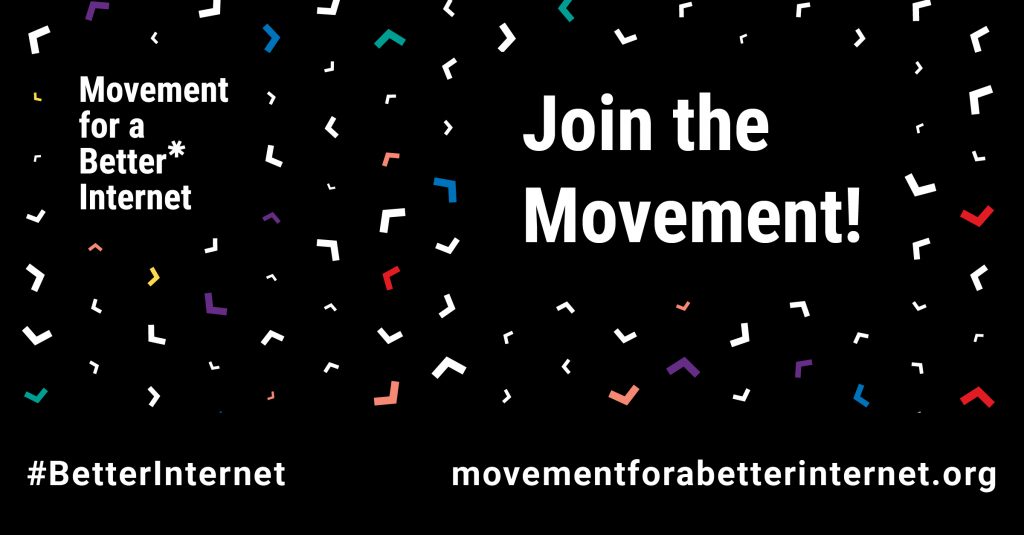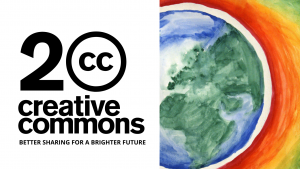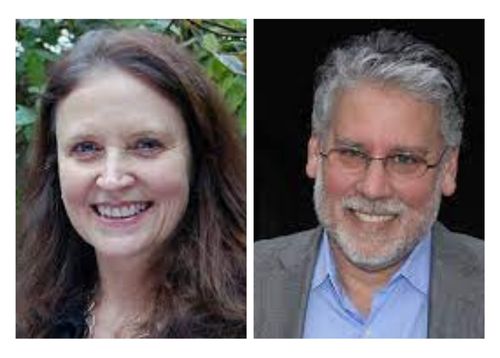A Better Internet for Better Sharing: Join the Movement for a Better Internet
mardi 25 octobre 2022 à 22:17
As part of Creative Commons’ key strategic goal of Better Sharing, today we have joined six other organizations spanning the globe to launch the Movement for a Better Internet, a diverse community of advocates, activists, academics, and civil society groups working together to promote policies that create a better internet for people everywhere. The movement is a collaborative effort seeking to drive policy change based on a public interest vision for an internet that benefits us all.
For two decades, Creative Commons has worked tirelessly to facilitate the sharing of content across the planet and support an internet guided by public interest values — including privacy, openness, diversity, and equity. As part of this movement, we are committed to collaborating with other members to promote these and other values that we will determine together.
“It’s inspiring to see what started over a year ago in so many different conversations now take shape as a rich, organized movement to work toward a better internet for all,” said Catherine Stihler, CC CEO. “From governmental initiatives like over 60 nations signing the Declaration for the Future of the Internet just in April, to the new policies we now see taking shape in the EU and the USA, we can already see work for a better internet gain new momentum. This movement will bring together everyone who is dedicated to making sure the public interest shapes the future of the remarkable global network that connects us all.”
By joining the movement, we can ensure an internet shaped by our shared values — an internet for the people that puts our communities first. We encourage academics, activists, and advocates working at organizations passionate about creating this better internet to join us in this movement. Together, we can achieve a better internet for us all.
As an organizing partner, Creative Commons also joins in launching a digital hub at movementforabetterinternet.org to facilitate connection and communication among those striving to build a better internet. The full list of organizing partners includes: Association for Progressive Communications; Creative Commons; Derechos Digitales; Internet Archive; Niskanen Center; Public Knowledge; and Wikimedia Foundation.
To join the movement and learn more, visit the Movement for a Better Internet digital hub.
Check out CC’s Better Internet blog post series to learn more about how the idea for the movement came about and the early groundwork that led us to this launch today.
The post A Better Internet for Better Sharing: Join the Movement for a Better Internet appeared first on Creative Commons.



